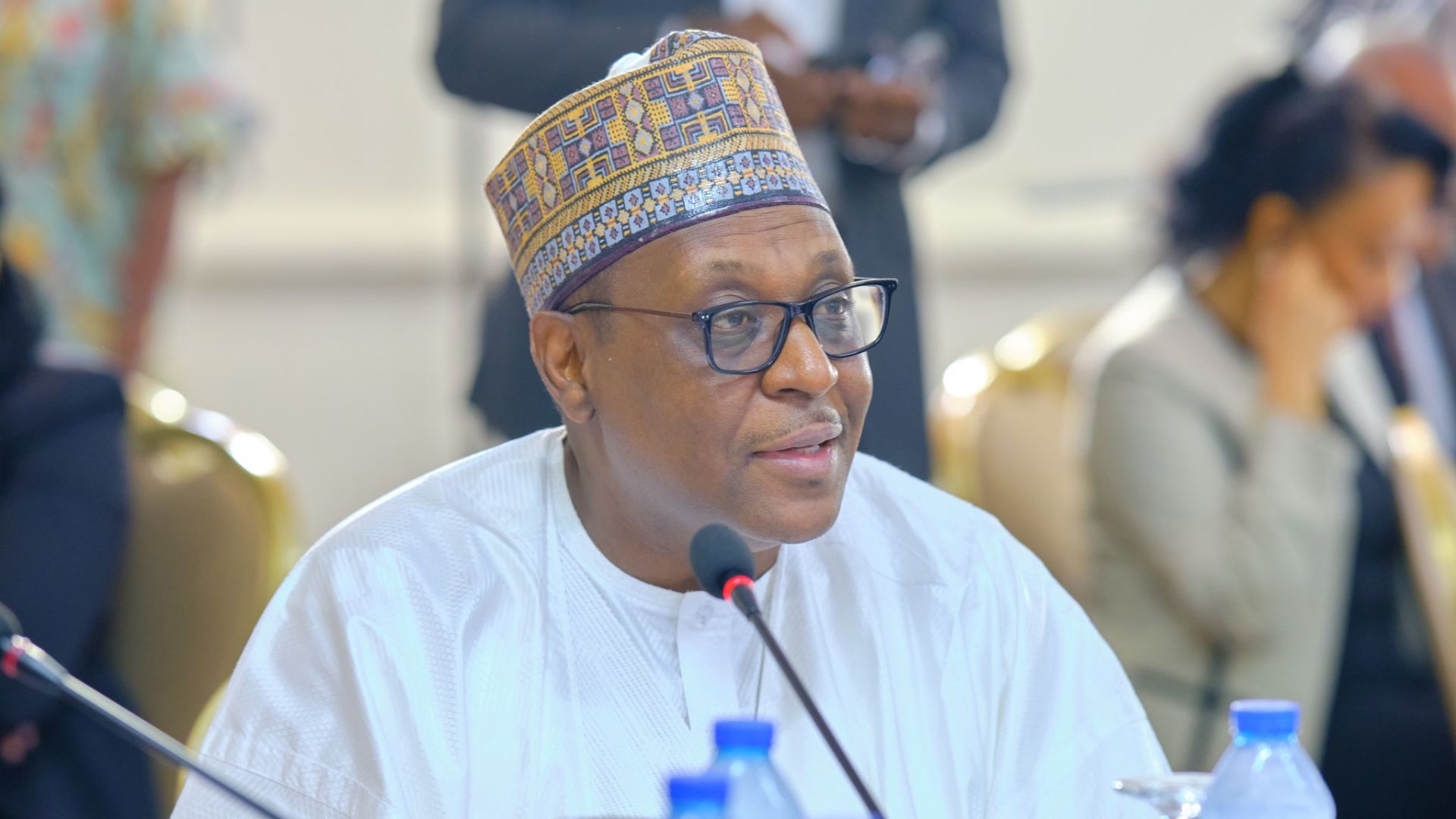The Federal Government of Nigeria has introduced a National Policy on Health Workforce Migration to address the increasing “japa” syndrome among trained Nigerian medical professionals. The policy aims to retain the nation’s healthcare workforce and encourage those who have migrated to return.
Coordinating Minister of Health and Social Welfare, Ali Pate, highlighted that the United Kingdom (UK) is the primary beneficiary of this exodus of Nigerian health workers. According to the minister, records from the Medical and Dental Council of Nigeria (MDCN) two years ago indicated that over 3,000 medical doctors requested letters of good standing, with 68% intending to migrate to the UK.
In a recent television interview, Pate also noted that the Nursing and Midwifery Council of Nigeria (NMCN) reported a significant increase in nurses seeking verification to migrate, with 52% opting for the UK and 36% for the United States. The Medical Laboratory Science Council of Nigeria (MLSCN) recorded an 89% increase in migration intentions between 2021 and 2022.
Pharmacists are also leaving in large numbers, with Canada being the top destination for 72% of those who migrated in 2022. Similarly, the Medical Rehabilitation Therapists Board of Nigeria (MRTBN) found that 91% of physiotherapists who left Nigeria in 2022 chose the UK as their destination.
Pate explained that the Health Workforce Migration Policy addresses the various factors driving the “japa” syndrome, including economic, professional, and environmental considerations. He emphasized that the policy is a managed migration strategy, developed through extensive consultations with key stakeholders, including professional bodies, health workers, and other relevant ministries.
“The Health Workforce Policy on Migration is not just about health; it’s part of a broader effort by the Nigerian government to address migration issues and harness the country’s potential, particularly its large youth population,” Pate said. “Nigeria is seen as a country of the future, and the challenge is to harness this demographic potential.”
Over the past five years, nearly 17,000 health workers have been trained in Nigeria, but more than half have left the country. Younger doctors, in particular, tend to leave after completing their training, drawn by better opportunities abroad and the challenges they face within Nigeria.
The policy aims to retain talent and provide essential services to Nigerians while also facilitating the return of those who have migrated. “Ultimately, the goal is to create a health system that reduces the push factors driving healthcare workers to leave, despite the pull from more advanced countries,” Pate added.
The minister acknowledged that the migration of health workers is a continuous strain that will not end soon. He proposed exploring health diplomacy and ethical replacement strategies, such as partnerships with countries like the UK to expand pre-service education and training programs.
“Nigerians are very vibrant, entrepreneurial, and capable wherever they are. If Nigerians were to hold back from the UK, the NHS would struggle to provide the services that many Nigerians currently deliver,” Pate noted. “We’re not stopping anyone from leaving. We accept that migration is here to stay—people will leave, some will come back, and some will migrate here from elsewhere.”
As part of efforts to boost the retention of healthcare workers, the government has disbursed over N25 billion from the Basic Health Care Provision Fund (BHCPF) to revitalize more than 8,000 primary healthcare centres (PHCs) across the country. Additionally, world-class cancer and oncology centres will be established in each of Nigeria’s six geopolitical zones.




